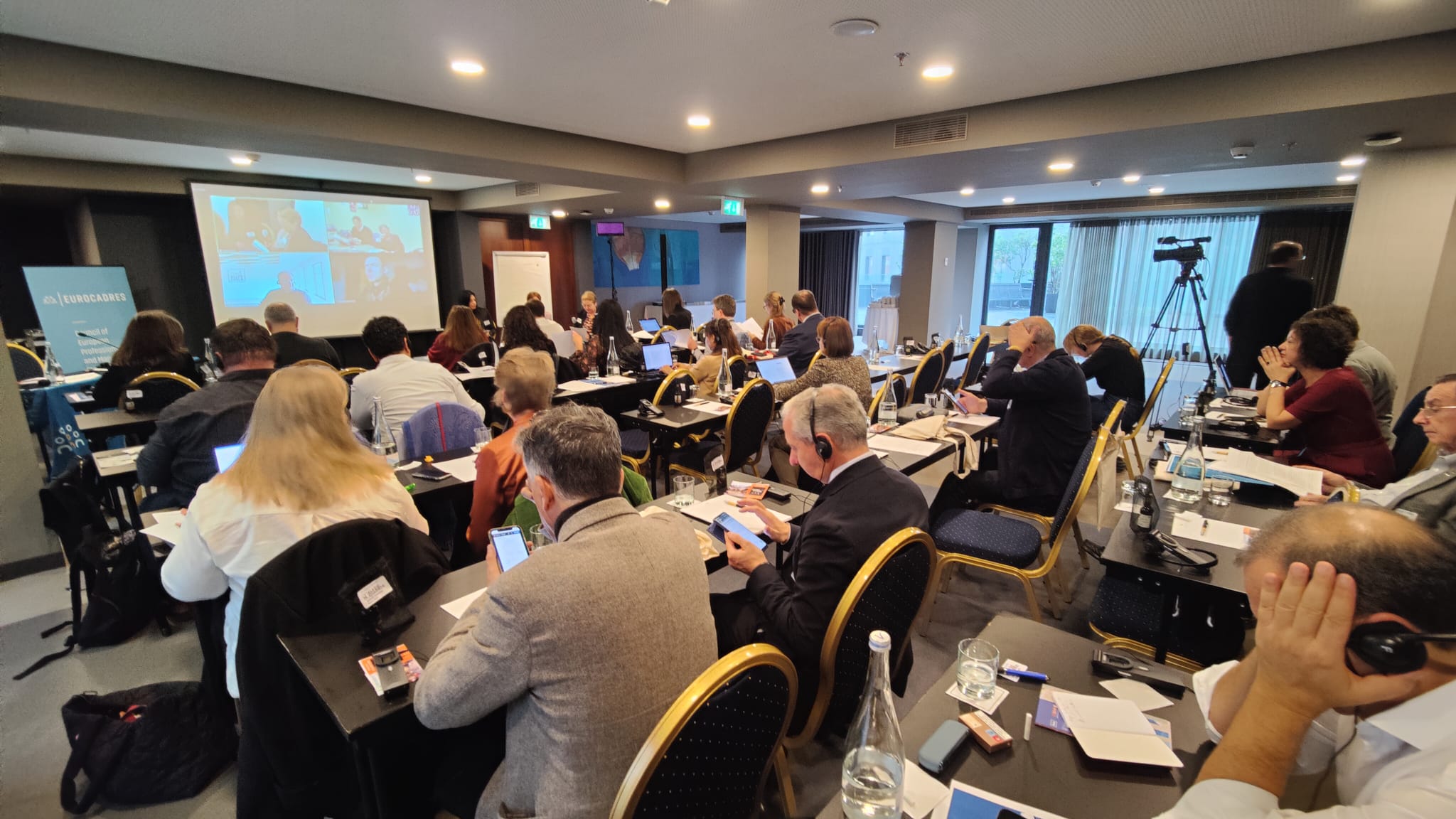
Flex at work pt3
Porto for part three of our flexibility at work project.

Last week our flexibility at work project hosted it’s third and final workshop in Porto, with over thirty trade unionists from across Europe coming together to discuss “Responsible leadership for flexible and healthy workplaces”, and more specifically, how trade unions can address the management of flexible working conditions.
Over the course of a day and a half, and five separate sessions, our expert from Denmark, Nina Hedegaard Nielsen, led participants through a range of examples and concepts that underpin how professionals and managers can navigate this emerging landscape. Following on from our last event in Copenhagen, which focused on flexibility and labour inspections, we turned our attention back towards the practical implications for workers and trade unions, and how positive impacts can be made in workplaces.
For a comprehensive background, we were joined by Professor Christine Ipsen from the Technical University of Denmark, who posed the question, “What do we know about good and healthy leadership of flexible work?” during her excellent presentation of the trends and impacts of flexible working arrangements. UGICT-CGT’s Matthieu Trubert followed with a showcasing of the different organisational approaches, blending the theoretical considerations with case studies on practical implementation and the challenges associated.
Central to our discussions were the blending of trust and control, taking into account questions around surveillance and the role of professionals and managers in guaranteeing just working conditions. With an overview of theoretical principles along with relevant EU, national and social partner agreements, a number of attendees presented evidence of best and mal-practice, providing a very holistic overview.
These presentations were followed by efforts to identify several mitigation measures that trade unions can use in response to the challenges related to flexible work arrangements, demonstrated by Petteri Oksa from Finnish engineers union IRLY. Taking into account the unique situations in each company, and the differences employees face in their daily lives, these measures varied from frameworks set in national legislation, to collective agreements and company level arrangements.
The workshop participants themselves brought the theoretical and practical examples to their own context to focus on identifying the key issues and solutions to respond to them. The interactive workshop met its stated aim, bringing together different solutions that can be used to make regulations, collective agreements and other measures to address the issues related to flexible work.
The Flex@Work project is funded by the European Commission, having started in 2022. It will conclude at the end of next year with a final conference, with more information to be shared soon.
